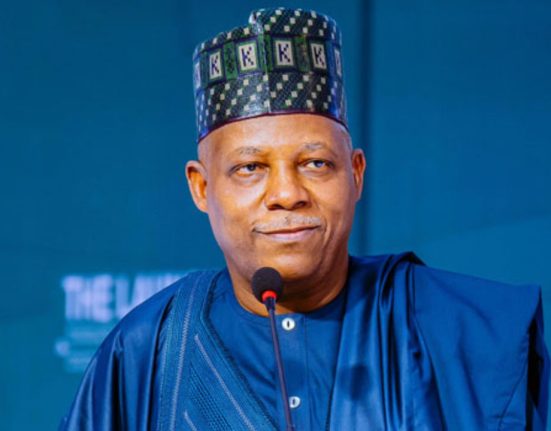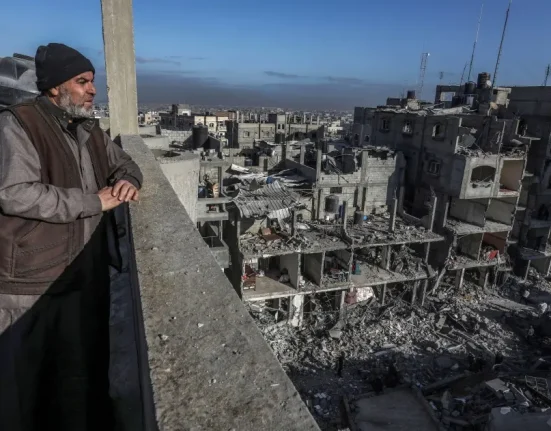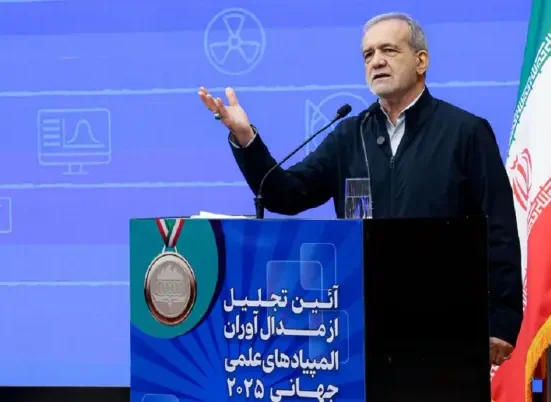Im a bold move underscoring its commitment to religious inclusivity and gender-sensitive workplace policies, the Jigawa State Government has officially directed all private security firms operating within the state to permit their female security operatives to wear the hijab while on duty.
The announcement, made public after the State Executive Council meeting chaired by Governor Umar Namadi, was delivered by the Commissioner for Information, Sagir Musa, at a press briefing held at the Government House in Dutse. According to Musa, this directive is not just a symbolic gesture but a concrete policy aimed at fostering an environment where women, especially those of the Islamic faith, can perform their duties without compromising their religious and cultural values.
“This decision reflects our administration’s unwavering support for workplace policies that promote modesty, inclusion, and respect for all, particularly women,” Musa stated. He emphasized that by allowing female security operatives to wear the hijab, the government is empowering them to practice their faith freely and with dignity, a move expected to boost their morale and confidence on the job.
The directive follows recommendations from the Council Committee on Schools, Hospital, and Court Security, and is part of a broader initiative to accommodate the 9,969 young people recently recruited into the state’s private security sector. These recruits, deployed across schools, hospitals, and government buildings, will now have their right to religious expression protected as a matter of state policy.
Sagir Musa further noted that the policy is a testament to the administration’s vision of an inclusive Jigawa where all citizens, regardless of gender or religion, are given equal opportunities to serve and thrive. “This move reaffirms our resolve to create an enabling workplace where modesty and religious obligations are not a barrier to meaningful employment,” he added.
The decision has been widely applauded by stakeholders across the state, with many describing it as a progressive step that not only upholds Islamic principles but also sets a precedent for workplace inclusivity in northern Nigeria. It comes at a time when the government is also investing heavily in education and youth development, as evidenced by the recent approval of over N516 million for Jigawa students studying medical courses abroad and the launch of the Jigawa State Creativity and Innovation Week, both aimed at empowering the state’s youth for a brighter future.
With this landmark policy, Jigawa State has positioned itself as a forerunner in promoting both religious freedom and gender equity in the workplace, sending a strong message that diversity and respect for cultural identity remain at the heart of its governance.







